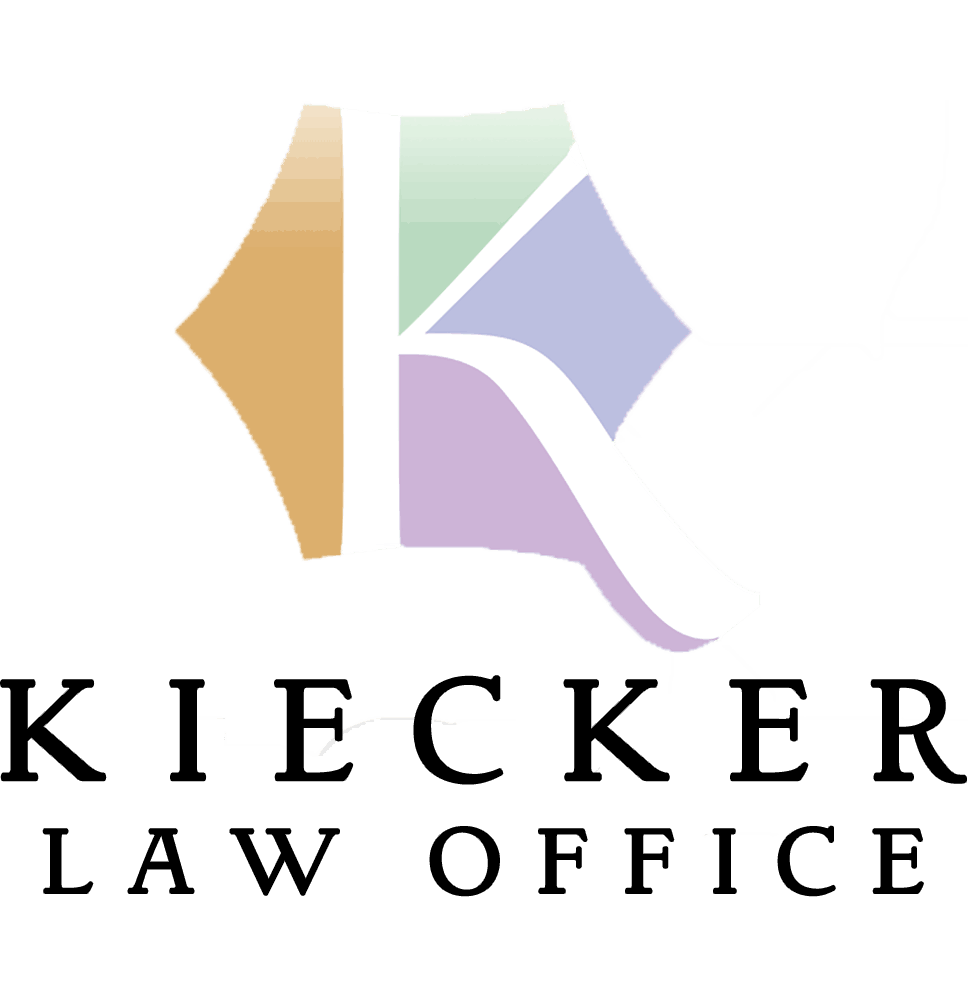What Is Probate? Part 2: Good Probate
In our last blog we talked about “THE BAD PROBATE”. This time we want to shift gears and look at “THE GOOD PROBATE”. Again, we’re not here to pull the wool over your eyes. There is no such thing as a fun probate process. There are just really painful ones and less painful ones. In fact, if done correctly, your estate won’t even need to go through probate. The correct planning and documents will transfer ownership of your possessions without any court proceedings at all.
The less painful methods have all your instructions laid out about what you want done in your estate plan. It lets your loved ones know who should get what. It lets them get more of what you have built up. And it helps them avoid court rooms. So, you may ask, what does your estate plan include and how does it accomplish these things?
Wills, Trusts, and Deeds
We talk about a will and a trust. Your will guides your executor (the person you want to handle it) to know who should get what. Don’t get us wrong, the government does have a plan set up for you, but you must go to court to get everything approved and that costs money. If you have a will, your plans are already known so a judge doesn’t have to decide whether it is fair or not. It doesn’t matter whether it’s fair, what you want to happen is the only thing that matters. You get to decide who gets what and when they get it (specifically if you have children).
In certain scenarios, you may want to have a trust. Some scenarios that could drive you needing this are the size of your estate, whether you have a special needs child or if you want to gift a sum of money to a charity in a specific fashion among other things. If privacy is important to you, a trust may keep what’s happening within your estate private so only your family (and a few select court officials) know what is happening with your affairs.
Probate and Estate Planning
As we always say, a good estate plan also includes a financial power of attorney and a health care directive. In terms of worrying about a probate, neither of these documents will have an effect, but we feel it would not be responsible for us to leave them out when discussing estate plans. They are useful tools that should be considered.
Additionally, you’ll want to make sure that you’re using the proper deeds for your real estate. A fantastic tool that you can use within real estate is a Transfer on Death Deed, or a TODD. What this type of deed will do is automatically transfer your house or any other land to the correct person or people when you pass away. Again, you don’t need to worry about going to a probate court for them to decide that what happens. It’s already known by using this document. It’s very helpful and it’s certainly less expensive than going through the probate process.
Should I Consult a Probate Lawyer?
Something that isn’t often spoken about is making sure the beneficiaries on your retirement accounts and life insurance are properly listed. Often times, people just put a name down. In all actuality, they should be working in conjunction with their will and/or trust. The language to use is specific to you and can also save a lot of headache.
Essentially, there are a lot of tools out there to help you pass along your possessions without having to deplete the value for your loved ones. We strongly encourage everyone to go through the process of planning and reviewing their planning if you have already completed it. A little bit of pain for you now will prevent a lot of pain for your loved ones later.

